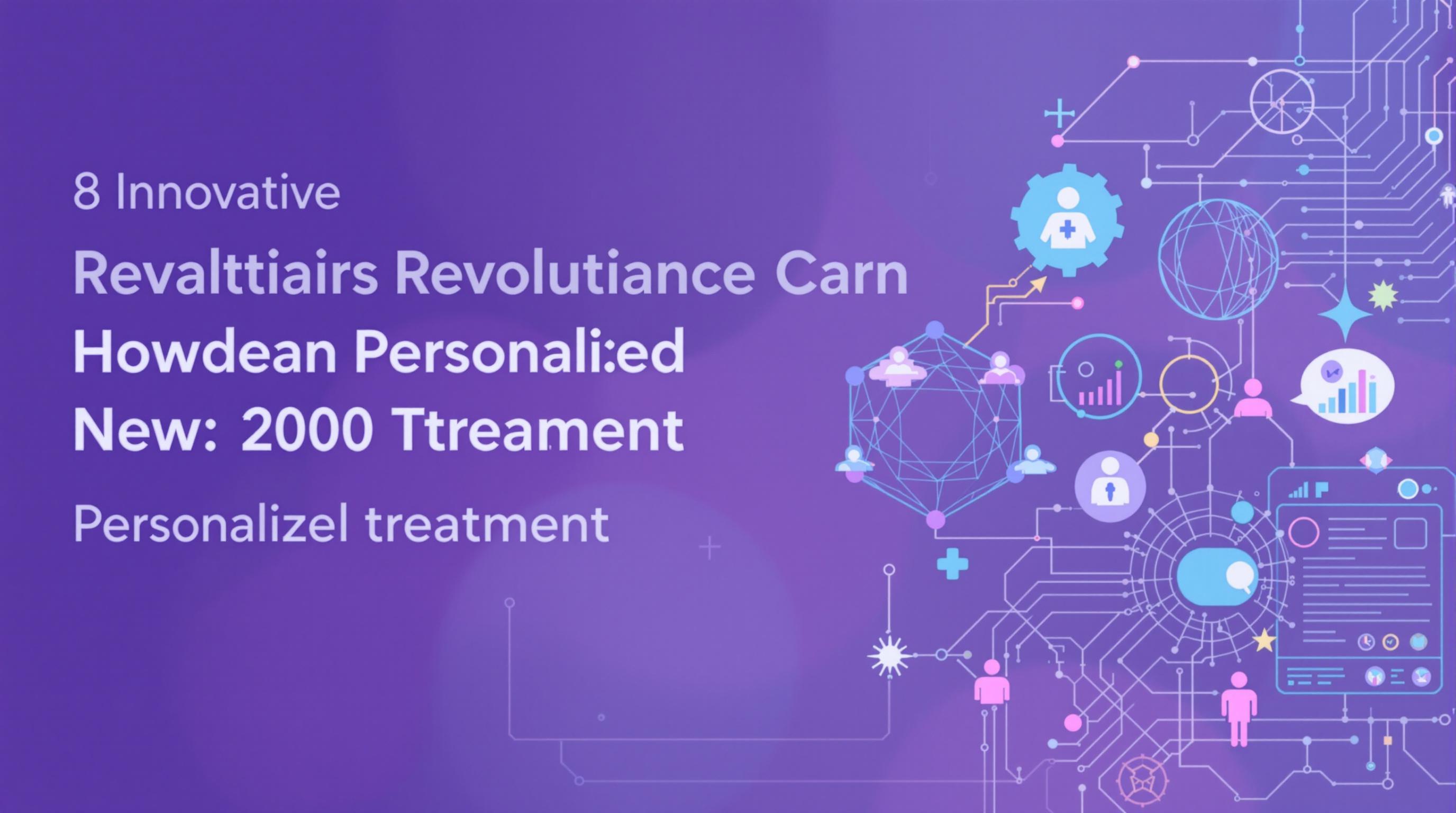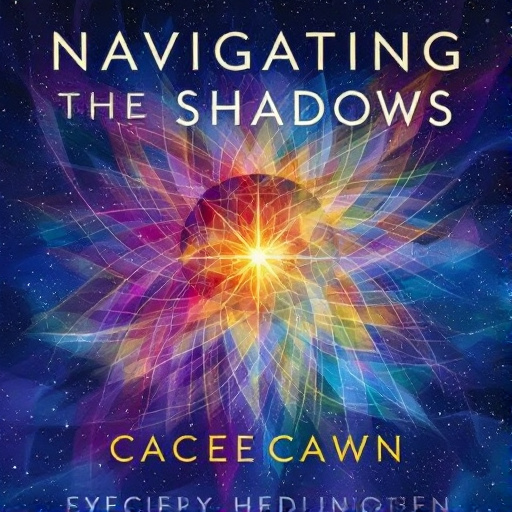Featured Articles
- 8 Innovative Technologies Revolutionizing Cancer Healthcare Providers’ Approach to Personalized Treatment
- Navigating the Dark Side: How Medical Misinformation Shapes Cancer Care Decisions Among Patients
- Navigating the Shadows: The Untold Role of Alternative Therapies in Cancer Care Practices
- The Psychology of Empathy in Cancer Care: Unpacking its Role in Patient Outcomes and Provider Burnout
- The Rise of Telecancer: How Virtual Care is Redefining Patient-Provider Relationships in Oncology
Navigating the Shadows: The Untold Role of Alternative Therapies in Cancer Care Practices
Navigating the Shadows: The Untold Role of Alternative Therapies in Cancer Care Practices
Alternative therapies play a crucial yet often understated role in cancer care, offering patients holistic approaches that complement traditional treatments. As we explore the diverse array of these therapies, the importance of personalized care emerges as a vital theme in the fight against cancer.
Understanding the Landscape of Alternative Therapies
While Western medicine significantly contributes to cancer treatment through methods like chemotherapy and radiation, alternative therapies—often termed complementary or integrative therapies—offer invaluable support. These therapies can range from acupuncture and yoga to herbal remedies and meditation. According to a survey published in the Journal of Clinical Oncology, over 70% of cancer patients incorporate some form of complementary therapy into their care plans (Schnur et al., 2013).
Statistics that Speak Volumes
Consider this: a North American study showed that 54% of cancer patients reported using alternative therapies at some stage of their treatment (Mao et al., 2009). These statistics not only illustrate a growing trend but also highlight the necessity for healthcare providers to engage in open dialogues about these alternative methods. In an era where patient autonomy is increasingly valued, understanding the landscape of these therapies is essential for both patients and practitioners.
Case Study: A Journey Through Cancer and Alternative Therapy
Meet Lisa, a 42-year-old mother of two diagnosed with stage III breast cancer. Faced with the daunting prospect of chemotherapy, she sought ways to alleviate the side effects often associated with traditional treatment. After researching various options, Lisa adopted acupuncture sessions alongside her chemotherapy. Not only did she report reduced nausea, but she also found herself feeling more relaxed during her treatment. A review published in Cancer discovered that acupuncture can significantly improve the quality of life for cancer patients (Lee et al., 2013).
The Power of Mind-Body Practices
The mind-body connection plays a pivotal role in how patients cope with cancer diagnoses. Techniques such as meditation, yoga, and tai chi can empower patients by emphasizing relaxation and mental clarity. In fact, a notable study found that regular yoga participation led to reduced anxiety and improved emotional well-being for cancer patients, with 65% of participants reporting substantial stress relief (Cramer et al., 2012).
A Conversational Take: Let’s Talk About Herbs!
Okay, let’s get into the nitty-gritty of herbal remedies! It’s like a buffet out there—so many choices! You’ve got turmeric, known for its anti-inflammatory properties, or ginger, which can help with nausea. But here’s the kicker: not all herbs are created equal! Some can interact negatively with cancer medications. Always consult your oncologist before diving into the herbal world. Remember, just because it’s “natural” doesn’t mean it’s risk-free!
Integrating Alternative Therapies into Conventional Care
Integrative oncology is on the rise, blending conventional medicine with alternative therapies for a comprehensive approach to cancer care. Hospitals and clinics are beginning to recognize the importance of a whole-person approach by offering integrative programs that include nutrition counseling, massage therapy, and stress management workshops. Dr. Michael Greger, a notable physician, emphasizes the benefits of a plant-based diet not only in reducing cancer risk but also in aiding recovery and overall health (Greger, 2015).
The Risks of Ignoring Alternative Therapies
Neglecting alternative therapies in cancer care can be akin to driving with your eyes closed. Studies show that cancer patients who integrate alternative therapies often experience improved treatment outcomes, decreased anxiety, and enhanced quality of life. It’s vital to note, however, that these therapies are not replacements for conventional medicine but rather enhancements that can lead to better overall experiences during treatment.
Personalization: The Key Ingredient
One size does not fit all in healthcare, especially in cancer care. Every patient’s journey is unique, making personalized treatment plans vital. An integrative approach allows healthcare providers to tailor therapies to meet individual needs, thereby optimizing outcomes. For instance, a patient dealing with fatigue may benefit from energy-boosting dietary modifications, while another stressed individual might find solace in mindfulness practices.
Humor and Healing: A Light-hearted Perspective
Let’s face it: battling cancer is no joke. But laughter can genuinely be the best medicine! It’s been shown that humor can bolster immune function and improve emotional well-being. Some cancer centers even host comedy nights for patients! A chuckle not only lightens the heart but also strengthens resilience. So grab a popcorn and laugh a little—it may just be part of your healing process!
Bridging Conversations Between Patients and Healthcare Providers
Open communication is crucial in navigating the waters of cancer treatment. Patients should feel empowered to discuss their interest in alternative therapies with their healthcare team. This collaborative approach not only fosters trust but also allows doctors to monitor any potential interactions between complementary medicine and traditional treatments. In the words of oncologist Dr. Andrew Weil, “It is the integration of mind, body, and spirit that creates a coherent state of health” (Weil, 2013).
Conclusion: The Emerging Future of Cancer Care
The role of alternative therapies in cancer care is increasingly recognized and respected within the medical community. Patients like Lisa demonstrate that the benefits of complementary treatments are not just anecdotal but backed by emerging research and case studies. As we continue to navigate the shadows of cancer care, the integration of alternative therapies can illuminate pathways towards holistic healing and empowerment. In the words of a survivor, “Finding hope means finding what works for you, even in the unlikeliest of places.”
As we look ahead, an emphasis on personalized, patient-centered care will ensure that alternative therapies not only find a place in cancer treatment but thrive as part of a well-rounded approach—reminding us all that healing is not just about the body but the mind and soul as well.
References:
Schnur, J. B., et al. (2013). "Complementary Medicine and Oncology: The Case for Integrating Complementary and Alternative Medicine into Traditional Oncology." *Journal of Clinical Oncology*.
Mao, J. J., et al. (2009). "Usage and perceived effectiveness of complementary and alternative medicine among patients with cancer." *Journal of the American Medical Association*.
Lee, J. H., et al. (2013). "Acupuncture for the treatment of cancer-related pain: A systematic review." *Cancer*.
Cramer, H., et al. (2012). "Yoga for cancer patients: A systematic review." *Cancer Control*.
Greger, M. (2015). *How Not to Die: Discover the Foods Scientifically Proven to Prevent and Reverse Disease*.
Weil, A. (2013). *Spontaneous Healing: How to Discover and Enhance Your Body's Natural Ability to Maintain and Heal Itself*.



